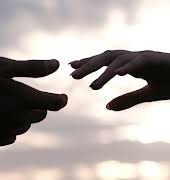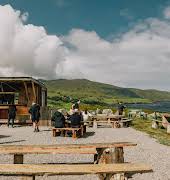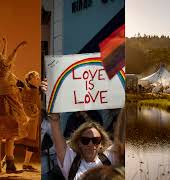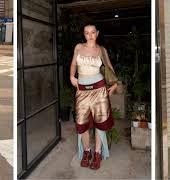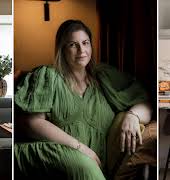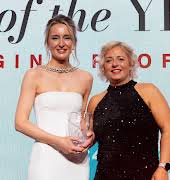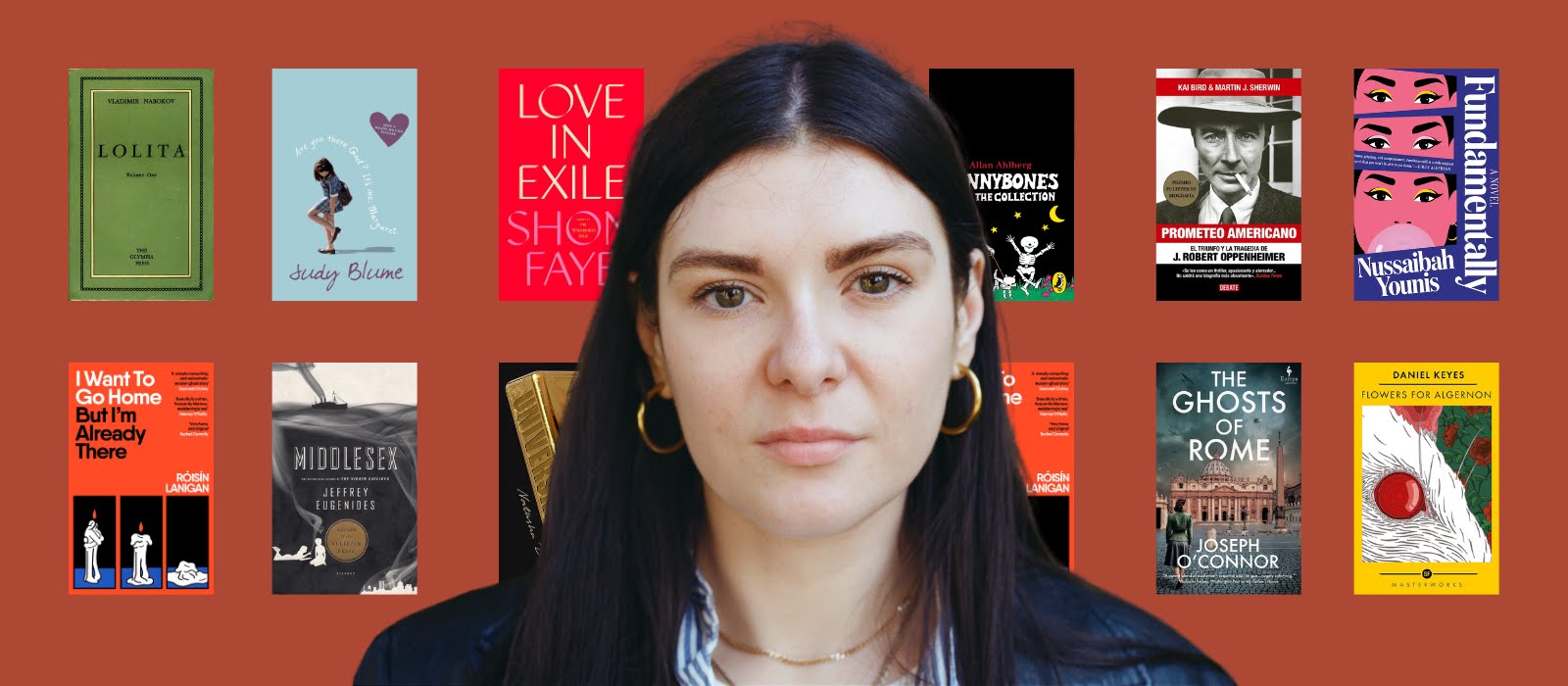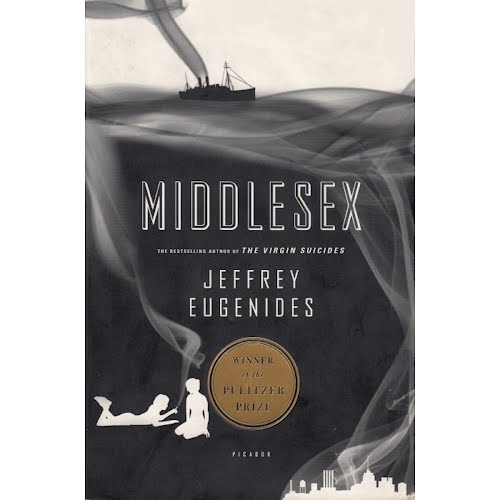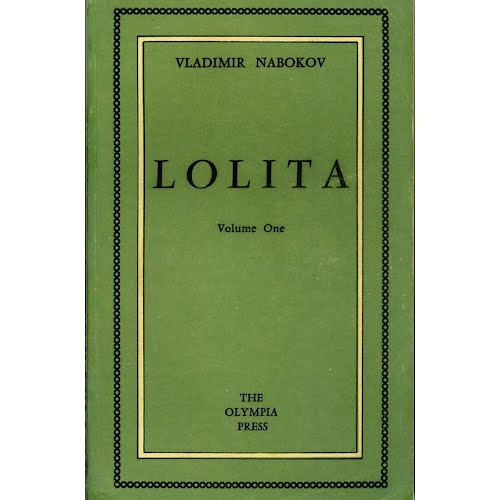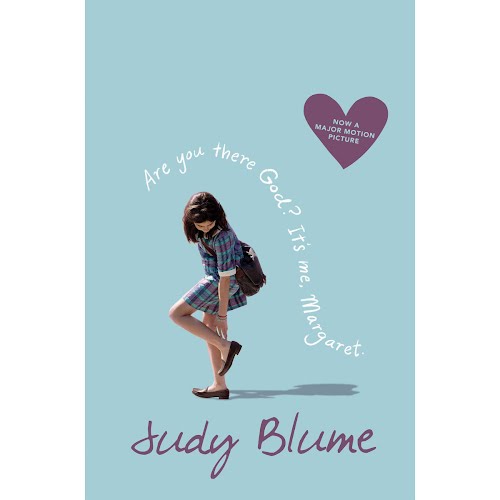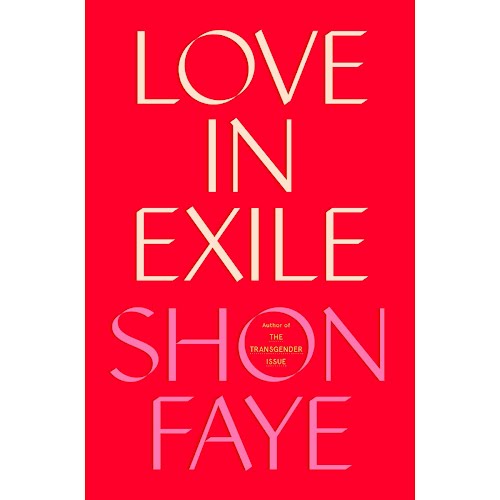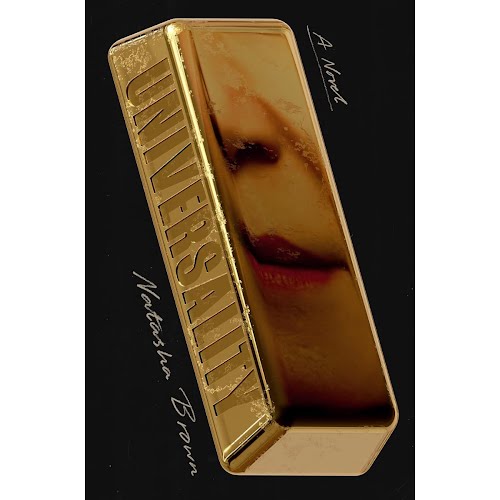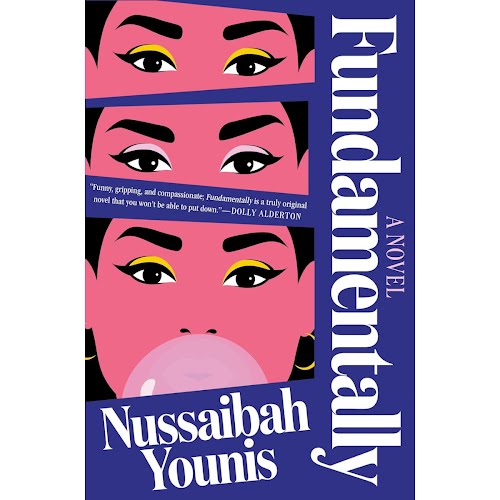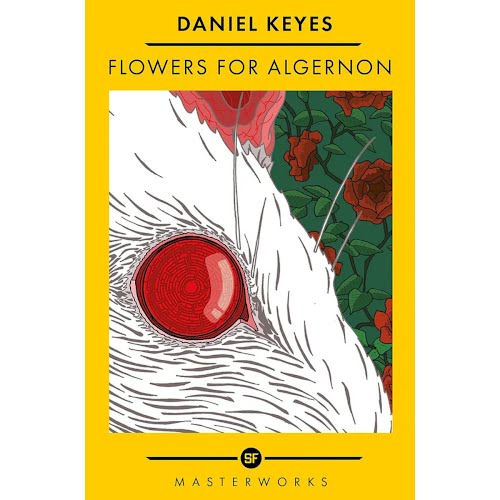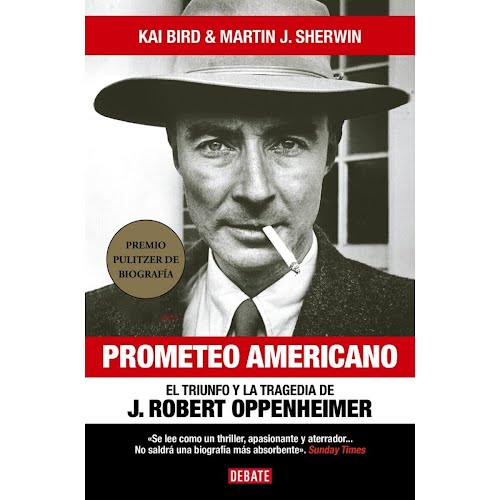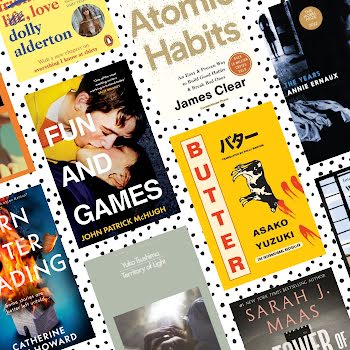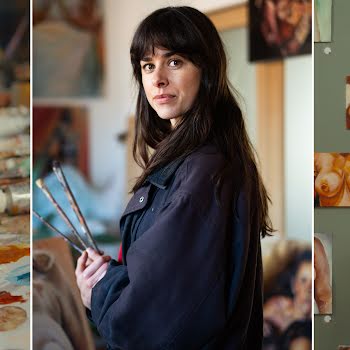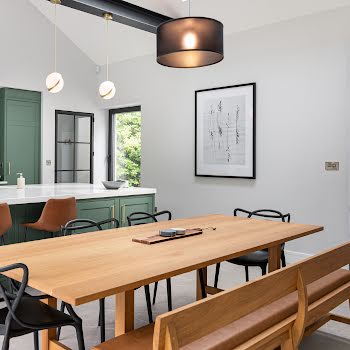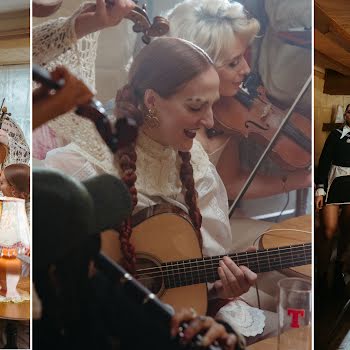Page Turners: Debut author Róisín Lanigan
Róisín Lanigan discusses her most beloved literary titles, her process and writing from under the dark cloud of the private rental market.
Róisín Lanigan is an editor and writer based in London and Belfast. She was longlisted for the Curtis Brown First Novel Prize in 2019, and won the Blue Pencil Agency First Novel Award in 2020. I Want to Go Home But I’m Already There is her first novel.
Renting is a nightmare. Áine should be feeling happy with her life. She’s just moved in with Elliot. Their new flat is in an affluent neighbourhood, surrounded by bakeries, yoga studios and organic vegetable shops. They even have a garden. And yet, from the moment they move in, Áine can’t shake the sense that there’s something not quite right about the place…
It’s not just the humourless estate agent and nameless landlord: it’s the chill that seeps through the draughty windows; the damp spreading from the cellar door; the way the organic fruit and veg never lasts as long as it should. And most of all, it’s the upstairs neighbours, whose very presence makes peaceful coexistence very difficult indeed.
The longer Áine spends inside the flat—pretending to work from home; dissecting messages from the friends whose lives seem to have moved on without her—the less it feels like home. And as Áine fixates on the cracks in the ceiling, it becomes harder to ignore the cracks in her relationship with Elliott.

Did you always want to be a writer? Tell us about your journey to becoming a published author.
The first job I ever wanted to have was librarian, because I thought it meant you could just tidy things up and read all day, and those were my favourite things to do (I was a deeply uncool child). Then I decided to become a journalist instead, because other than reading my main interest is being nosey about other people’s lives. I moved to London after university and started working as a journalist, but I kept writing fiction, like in the evenings and when I was supposed to be doing my actual office jobs. Basically in secret. It felt like something that I wasn’t allowed to do or take seriously because becoming a published author was such a pipe dream.
I started tentatively entering my fiction to various journals and was longlisted for the Curtis Brown Prize in 2019. When the pandemic hit I wrote more and more (a novel? in lockdown? groundbreaking) and entered the Blue Pencil Award for debut unpublished authors, which I won in 2020. After that I started reaching out to agents and cold emailing them with my manuscript, and somehow along the way I Want To Go Home But I’m Already There went from being a pipe dream to something real and tangible. It’s been weird!
What inspired you to start writing?
I can’t really remember a time when I wasn’t writing. I used to torture family members with stories I wrote when I was a kid, and suppose I just never really stopped doing that. I’m happiest when I’m writing; I like the way you can create a narrative out of the random and order out of chaos when you turn life into a story.
Tell us about your new book, I Want to Go Home But I’m Already There. Where did the idea come from?
Perhaps unsurprisingly it’s inspired partly by my love of ghost stories, and partly by living in the midst of the rental crisis. I was reading and watching a lot of horror at the time, and paying anonymous landlords almost all of my money to live in their sh*thole London properties. I was particularly interested in The Shining and The Amityville Horror, and how these stories (and indeed all haunted house stories) are not actually about the supernatural as much as they’re about the financial horror of owning property. They all tell the same story: a nuclear family, usually where the women detect something is wrong and the men dismiss them, and where they remain trapped in their domestic situation because of mortgages and commitment.
It made me wonder what the equivalent to this was for generation rent; we can leave places if we don’t like them, technically speaking. Or if we think we’re being terrorised by evil spirits. And yet all our money is still tied up in the private rental market. To leave is just to go to another property whose history we don’t know, another shadowy landlord figure we don’t know, and to pour all our money into that instead, always worse off than we were before. I wanted to write about that, and also situate it in the context of young adulthood and the emotional homelessness of that time — unlike the families in traditional horrors, the characters of I Want To Go Home But I’m Already There don’t know where home is yet. It’s not their parents’ house, but it’s not their rental flats either.
Before I started writing I Want To Go Home But I’m Already There I kept reading all these novels about people who were in their late twenties-ish, and were uncertain and unhappy about their lives, but got to sit around feeling unhappy and learning how to move past it in these cosy lovely spaces, with access to support and the space and time to sort of luxuriate in their ennui. It really got under my skin. I thought, I know this is fiction, but who can do this in real life! Luxuriate in ennui, in this economy? So I suppose it was also written as a bit of a reaction to that kind of jolly hockey sticks late-millennial fiction that exists in a bubble of its own making.

What do you hope this book instils in the reader?
I hope it makes people frustrated and angry and unsettled, because all the characters in this book are frustrated and angry and unsettled. They’re not quite happy about all sorts of aspects of their life – their relationships, their living situations, their uncertain futures. I think that’s true of young adulthood in general, and the dark cloud of the private rental market just kind of exacerbates these things. But it is at the end of the day a story about ghosts and living with your boyfriend, so mainly I just hope it’s spooky enough to scare people.
What did you learn when writing this book?
Property is theft.
Tell us about your writing process?
I wish I had something profound to say here, but in reality, on a day to day, I just make myself a litre of iced coffee and sit at my computer until I have to give up and go for a walk. I usually work from home in the mornings and spend the afternoon at a library, because I think the change of scenery helps, and I can hide away for a few hours looking at other peoples’ books to make myself feel bad for not writing.
Generally speaking though I rarely force myself to sit in one place for hours on end to finish something, because I find when I’m walking around or doing other things it’s when I can properly think, and often that’s when I unlock something I’m stuck on in a chapter or an article that I’m writing. I think it works well to give myself a certain amount of words to work on in a day or a session, because it helps my brain to think of huge projects in more manageable chunks.
Admittedly when I start a new book I am much more organised and deliberate than just staring at my computer with an iced coffee. I have a big, ugly corkboard that I use to plan out each chapter, with colour-coded post-it notes outlining all the key plot events or themes I want to happen in each. It looks absolutely insane, but I think it works.
Where do you draw inspiration from?
For I Want To Go Home But I’m Already There one of the things I found rewarding (and infuriating) was setting up daily property alerts. I would screenshot the most egregious or insane ones. Some of the real life quotes even found their way into the book, because they were truly stranger than fiction.
For general inspiration, I have a list in the notes app on my phone and I write down any kind of random thing that strikes me as beautiful or funny or interesting or annoying. It’s usually snippets of conversations that I’ve overheard or things that my friends have said that I find weird and funny, but it could be anything from bus stop ads, newspaper headlines, passages I like from books. They’re all jumbled up and without context, but they’re there and I read over it from time to time. I think it’s useful because it makes me more attuned to what’s going on around me.
What are your top three favourite books of all time, and why?
This is one of those questions that’s impossible because it makes you immediately forget about any book you’ve ever read in your entire life. But when I think of books I’ve re-read the most and forced other people to read, it’s probably Middlesex by Jeffrey Eugenides, Lolita and Judy Blume’s Are You There God, It’s Me Margaret, which I got as a present when I was really young and have always treasured. A very strange trio of books, I can admit. I’ll of course instantly remember three different ones after this and wish I’d said those instead.
Who are some of your favourite authors, Irish or otherwise?
I love Maeve Brennan, Jeffrey Eugenides, Patrick Radden Keefe, Tina Brown and Annie Ernaux. (I am inevitably forgetting loads and self-consciously omitting the ones that make me too embarrassed to admit.)
What are some upcoming book releases we should have on our radar?
There are so many amazing books released this year, but a few I can’t wait to read are Shon Faye’s Love In Exile, Universality by Natasha Brown, Fundamentally by Nussaibah Younis, and The Ghosts Of Rome by Joseph O’Connor, because I just watched Conclave and I cannot stop thinking about how bitchy those Vatican lads are.
What book made you want to become a writer?
Funnybones by Allan Ahlberg.
What’s one book you would add to the school curriculum?
Flowers For Algernon by Daniel Keyes. I read it last year and it was the first book in ages that properly made me cry.
What’s the best book you’ve read so far this year?
I’m finishing American Prometheus right now — unfortunately it’s the second of January when I write this, and unfortunately the book is 600 pages long. So it’s American Prometheus! (I promise I am enjoying it.)
What’s some advice you’ve got for other aspiring writers?
Weirdly the piece of advice I believe in the most and give out most frequently is that there’s no such thing as an aspiring writer. The word aspiring is redundant! Cut it from your vocabulary! There is no test you have to pass to become a writer, it’s not like being a doctor or a lawyer or any other kind of real life job. You don’t have to go to a certain school or know certain people or even have read certain books. If you write in any form, surely you’re a writer. Why say aspiring?
You don’t become a writer just because you get a publishing deal or pay for X verification or go on TV to talk about the Booker Prize or whatever. If you consider yourself a writer and you write, then you are one. I’m pretty sure I’ve stolen this entire concept from Rainer Maria Rilke. But he didn’t have a Twitter account, so whatever.
Lastly, what do the acts of reading and writing mean to you?
Escapism, meditation, processing, empathy, the ability to access other worlds any time you want to.
I Want To Go Home But I’m Already There by Róisín Lanigan is published by Fig Tree.
Portrait image by Robin Christian



